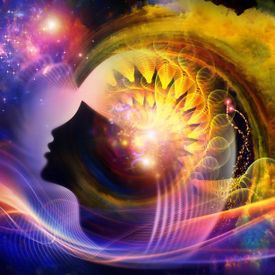Anxiety has become the number one mental health issue in North America, according to Anxiety Centre:
Approximately 30 percent of the adult population between the ages of 18 and 54 are affected by anxiety disorders in the US
Anxiety Disorders affect 18.1 percent of adults in the United States (approximately 40 million adults between the ages of 18 to 54). - National Institute of Mental Health (NIMH).
Current estimates put this number much higher - approximately 30 percent- as many people don't seek help, are misdiagnosed, or don't know they have issues with anxiety.
65% of North Americans take prescription medications daily, 43% take mood altering prescriptions regularly.
Florida social worker, Tracey Rubenstein, says that after Trump's election, 80 percent of her clients cited the election and its aftermath as a new source of fear, sadness or anxiety in their lives, "This is anxiety on a national level, on a level of existential crisis for some people, of national identity."
The NY Daily News reports "So many Americans are suffering from political anxiety that doctors have coined a term for their distress: President Trump Stress Disorder (PTSD.) Therapists report that their practices are more robust than ever. Deborah Cooper, a California-based therapist said she can hardly accommodate all of her patients. 'I have people I have not seen in literally 30 years that have called me to come back in because of trauma,' she said, citing Trump's lackluster condemnation of the white supremacist rally in Charlottesville as one in a string of anxiety-inducing events that are "coming too fast and furious" for her patients and her practice to handle.
Sue Elias, a New York-based psychotherapist said "I don't think I have a patient that has never mentioned it. It's remarkable."
So the anxiety-prone turn to pharmaceuticals, therapy, meditation, yoga, exercise and other activities to reduce symptoms.
But what if it's easier than that?
The research of Dr. David Lewis-Hodgson of Mindlab International showed that listening to a particular piece of music, which was created in collaboration with sound therapists, induces a 65% reduction in the participants' overall anxiety and a 35% reduction in their usual psychological resting states. It slows the heart rate, reduces blood pressure and lowers levels of the stress hormone cortisol so well that Dr. Lewis-Hodgson cautions that it should not be listened to while driving.
(Note: You can view every article as one long page if you sign up as an Advocate Member, or higher).






